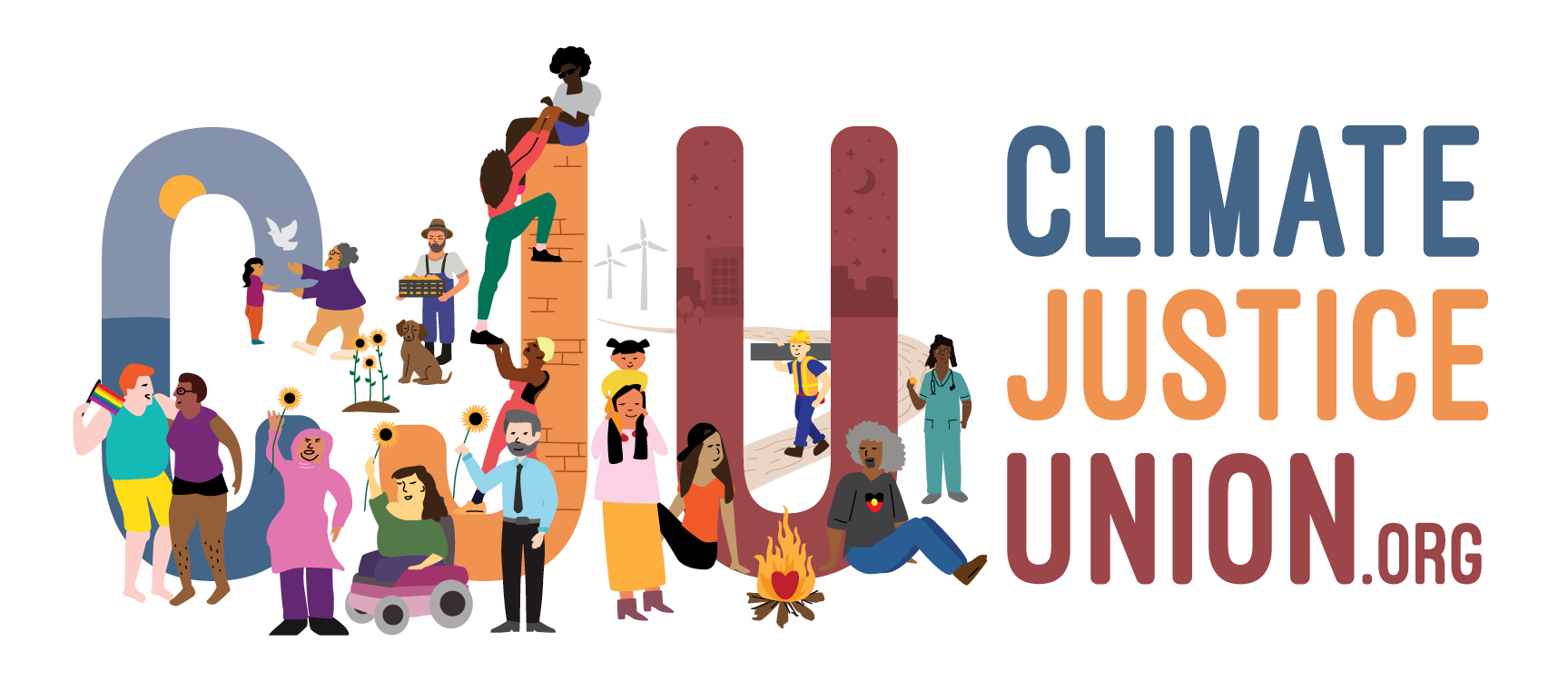|
Grief, Loss & Coping (Reading Group #2)
In Makuru season, we leaned into the emotions that often come with the cooler wetter months, and chose texts on the theme of grief, loss and coping.
.jpg)
Feast: The Glad Shout by Alice Robinson
Taster: Change Maker Chat with Margaret Klein Salamon (Change Makers podcast)
and/or Living with Loss chapter in "The Handbook: Surviving and Living With Climate Change”, by Jane Rawson and James Whitmore
Ambiance: "Paper Ships", in Throat by Ellen Van Neerven (Poem)
and/or Doomsday Clock, by Abbe May (song on YouTube)
Notes
Eight people attended across the in person and online reading circles. We shared intimate and thoughtful hours together.
We also talked about how the urgency and threat of climate crisis is relative to other crises and losses people may have experienced before. For example, the loss of a loved one, loss of a physical or cognitive ability and of course the loss of Country and culture as a result of colonisation (see podcast Ni! Means listen; Video lecture by Kim Tall Bear called the sharpening of the already present lecture; and an article Too late for Indigenous climate justice by Kyle Whyte).
We talked about how feelings of urgency to act on climate can exacerbate our inability to regulate our emotions and turn anxiety into action and promote an unhelpful ‘finger pointing’ dynamic of blaming and judgement when what is needed is for every sector, family and community to act in proportionate and equitable ways.
We connected this to a quote from Brene Brown - “All I know is that my life is better when I assume that people are doing their best. It keeps me out of judgement and lets me focus on what is, and not what should or could be.”
Other texts we discussed include:
- 'This changes everything' by Naomi Klein
- 'The ministry for the future' by Kim Stanley Robinson
- 'How high we go in the dark' by Sequoia Nagamatsu
Discussion prompts:
- Abbe May sings: 'I used to want to be sedated, rather than contemplate it' - how do you balance your need to pay attention with your need for self-care?
- What does 'coping' mean to you?
- In The Glad Shout climate change is intergenerational, inevitable, and ignored until it can't be. In the Jane Rawson & James Whitmore essay one of the suggestions is 'take action'. How do you see your responses to climate grief in these two positions?
- Ellen Van Neerven writes 'I know what you're thinking, how can we save the world when we have just barely survived it'. How does their poem help you reflect on grief and coping in a different way to the other texts?
- What is 'too late'? Does it exist? For whom?
- What does this teach us about climate justice

